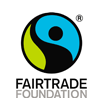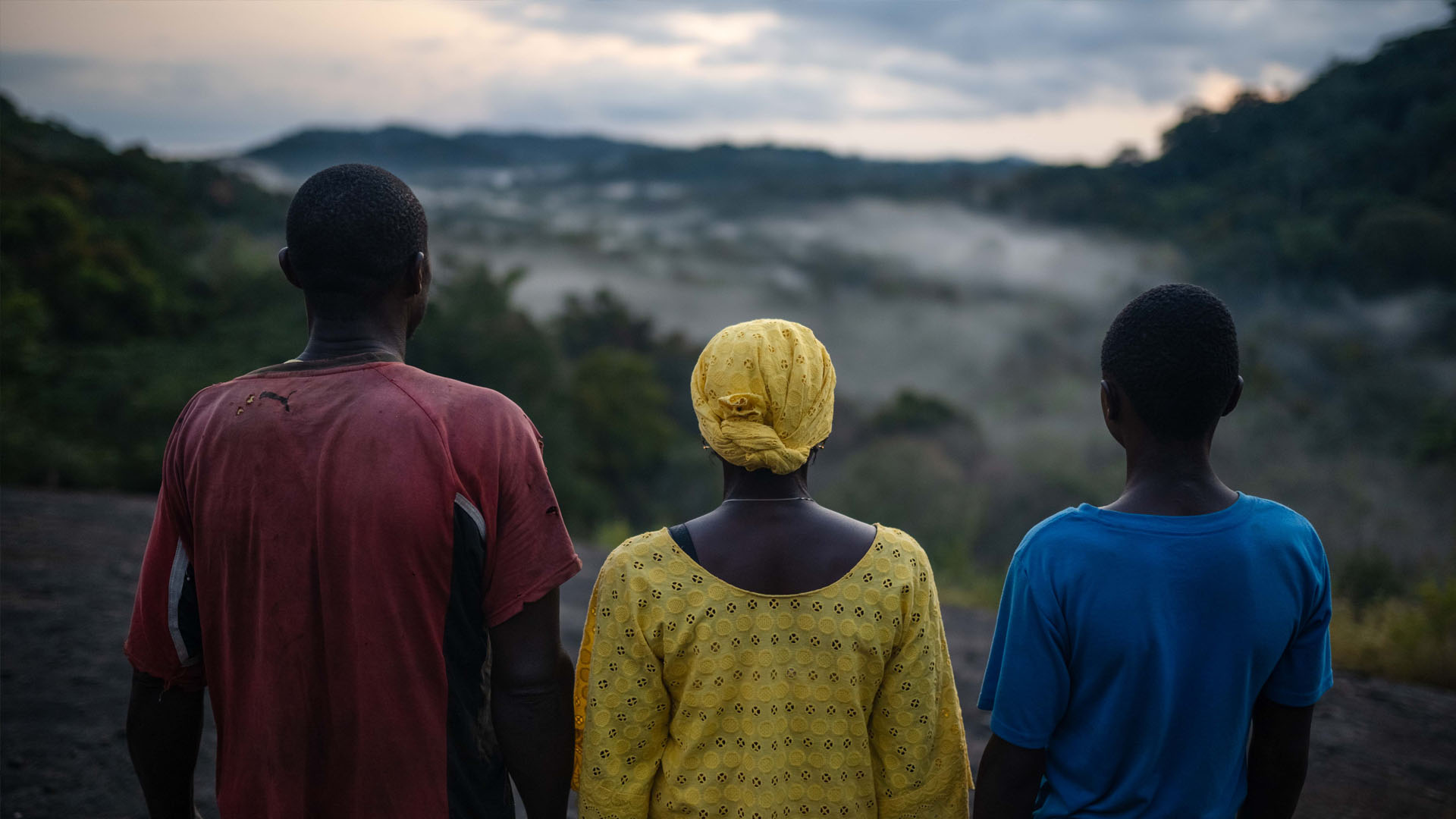8 December 2023 – Fairtrade International’s first human rights and environmental due diligence (HREDD) report, published today, features aggregated audit data on issues such as labour rights, child protection, and biodiversity. As the first of its kind for a sustainability certification, the report also describes Fairtrade’s HREDD process, drawing attention to poverty and inequality as underlying causes of persistent human rights and environmental harms and the need for collective action.
Released to coincide with Human Rights Day on 10 December and the 75th anniversary of the International Declaration of Human Rights, the report comes in a context of increasing attention to and regulation on rights and sustainability-related topics, from greenwashing, to deforestation, to corporate due diligence.
“After decades of voluntary or tokenistic efforts, companies today are increasingly required to conduct due diligence, meaning investigate and take action on human rights abuses and environmental problems in their own supply chains,” said Dr. Tytti Nahi, Director of Fairtrade’s HREDD Centre of Excellence.
“While certifications are not required to publish due diligence reports, we are doing so as a contribution to greater transparency and further action. For due diligence to be effective, it must be fair: based on dialogue between companies and the affected people, fair cost sharing, and collaboration among companies throughout supply chains as well as governments and civil society.”
Titled Supporting shared responsibility, the report provides detailed information on how Fairtrade conducts due diligence, including identifying, addressing, remediating and tracking human rights and environmental risks and challenges in Fairtrade certified supply chains and its own operations.
It brings together fundamental elements of Fairtrade’s mitigation and remediation actions – such as rightsholder engagement, minimum prices and Premiums, direct support for producer organisations, programmes and advocacy – alongside a snapshot of audit scores on Fairtrade certification criteria related to human and environmental rights for producer organisations and traders audited in 2022.
The audit results from more than 1,500 producer organisations found that they met or exceeded Fairtrade Standards between 90 and 98 percent of the time in eight of the nine HREDD areas analysed, including decent livelihoods, labour rights, child rights, non-discrimination, and environment, among others.
The most challenging area was organisational capacity, where requirements were met just 83 percent of the time. At the same time, the report notes that strong producer organisations are key to supporting rights and conducting due diligence, for instance in democratic decision-making and engaging with stakeholders, highlighting the need for more resources and support.
The report also looks at the audit scores of more than 1,800 Fairtrade certified traders, processors, manufacturers and brands. Among this group, compliance was highest in areas related to decent livelihoods and quality claims, and lowest in the areas of fair contracts, payment schedules and meaningful stakeholder engagement such as communicating clearly with producer organisations about future sourcing plans.
Certified entities are usually allowed time to correct any non-compliances, with an emphasis on development and improvement. The report therefore also includes a deep dive into certain criteria and the corrective measures undertaken.
As the report notes, however, “audits are no substitute for HREDD,” and certifications can never absolve a company of its responsibility to conduct due diligence.
“We value audits as one measure of how well rights are being upheld, but they are not perfect, and we also know they seldom reveal the root causes of challenges,” said Dr. Nahi. “There is still a lot of work to do, and we hope our learnings in this report contribute to discussions on the role of multi-stakeholder initiatives in due diligence, and real improvements for farmers and workers.”
“Ultimately, HREDD will be a failure if it results in companies abandoning vulnerable sourcing partners who operate in high-risk regions, especially when these partners are actively addressing those risks,” she continued. “Human rights violations and environmental exploitation are rooted in a lack of living incomes and exclusion of the people who are most impacted, so companies’ due diligence has to start there.”
-ENDS-
For more information, contact media@fairtrade.org.uk
About Fairtrade
Fairtrade is an independent non-profit organisation representing more than 2 million farmers and workers worldwide. It owns the FAIRTRADE Mark, a registered trademark appearing on more than 37,000 products, which is the most recognized and trusted sustainability label in the world. Fairtrade International and its member organisations – including the Fairtrade Foundation – collaborate with businesses, engage shoppers, activate civil society, and enable producers to take control in order to bring about a fair, sustainable future: a future rooted in social justice.

